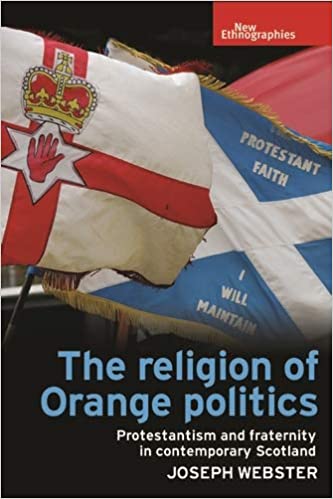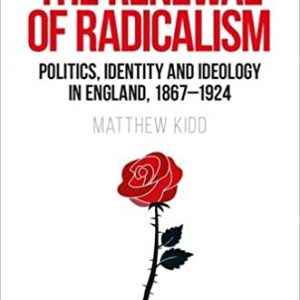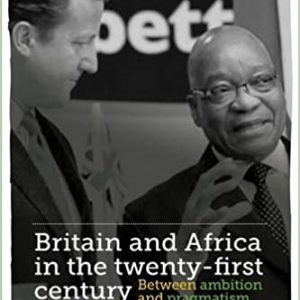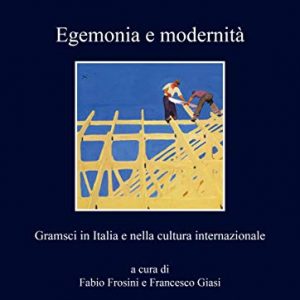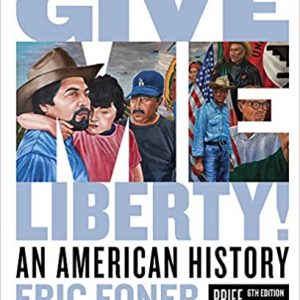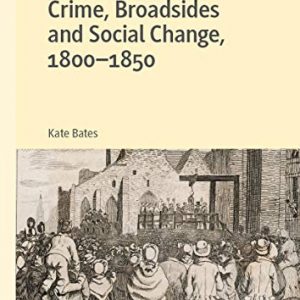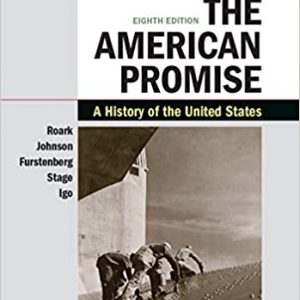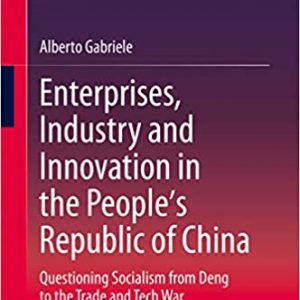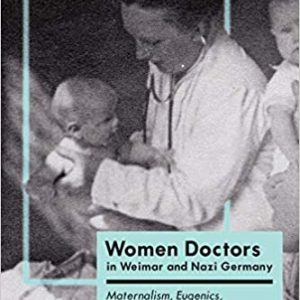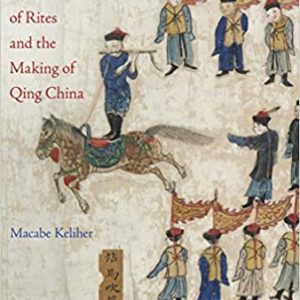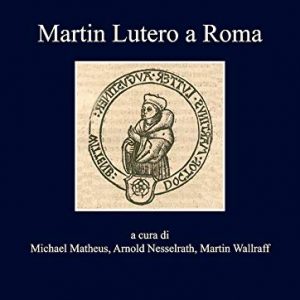Within this Masonic-inspired 'society with secrets', Scottish Orangemen learn how transform themselves and their fellow brethren into what they regard to be ideal British citizens. For many Scots-Orangemen, being British means being ultra-Protestant and ultra-unionist, but also frequently comes to be marked by pointedly anti-Catholic sentiments, and by a wider set of often deliberately sectarian political, cultural, and footballing loyalties.
It is from this ethnographic context – framed by ritual initiations, loyalist marches, fraternal drinking, and constitutional campaigning – that the key questions of the book emerge: What is the relationship between fraternal love and sectarian hate? Can religiously motivated bigotry and exclusion be part of human experiences of ‘The Good?’ What does it mean to claim that one’s religious community is utterly exceptional – a literal ‘race apart’?

